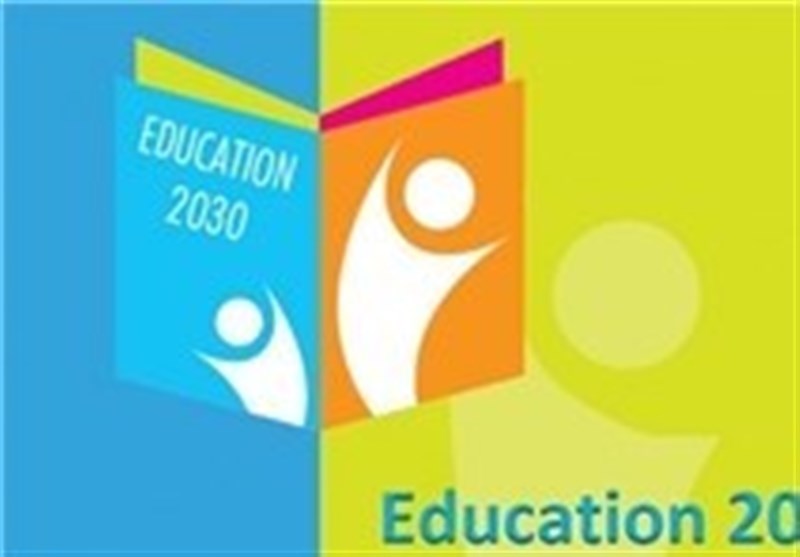In Slight to Rouhani, Supreme Leader Forbids Adoption of UNESCO 2030 Educational Guidelines

Iran’s supreme leader has forbidden the government of President Hassan Rouhani from implementing any part of UNESCO’s non-binding educational guidelines from the 2030 Agenda for Sustainable Development into the country’s educational system.
“Some say they have altered this document and won’t carry out any part that’s unacceptable,” said Khamenei on June 8, 2017, indirectly referring to Rouhani. “However, that’s not the issue.”
The supreme leader added that the Education 2030 Framework for Action shouldn’t be implemented “even if we assume, wrongly, that there’s nothing in this document that’s blatantly anti-Islamic.”
Continued Khamenei: “I’m saying that our national education policy should not be written from abroad… Whether it has anything against Islam or not, it doesn’t matter. This is Iran. This is the Islamic Republic. This is a great nation. Why should a few people at UNESCO or the United Nations write our education policy? This has to do with our independence.”
On August 16, 2016, Rouhani’s cabinet agreed to put the Education Ministry in charge of integrating some of the agenda’s guidelines into the country’s educational system.
“(My conservative opponents) were telling lies about this document to the supreme leader and the people in order to gain advantage in the (May 19, 2017) elections,” said Rouhani on May 22, three days after he was re-elected.
In an apparent reply, Khamenei said on June 8: “Those who think we received false reports are wrong. Our reports are correct reports.”
Although no member country is bound by the 2030 agenda, conservatives across Iran began attacking it after Khamenei indirectly accused Rouhani—two weeks before the 2017 presidential election—of attempting to “quietly” implement it.
In a speech to the staff of the Supreme Cultural Revolution Council on May 7, the supreme leader also denounced UNESCO for allegedly “giving itself the right to give instructions to nations with different histories, cultures and civilizations on behalf of influential world powers.”
“This UNESCO 2030 document is not something that the Islamic Republic will surrender to,” said Khamenei. “It’s wrong to sign some document and then quietly go ahead and implement it. That’s absolutely forbidden.”
According to UNESCO, the agenda was adopted in September 2015 to “ensure inclusive and equitable quality education and promote lifelong learning opportunities for all.” The agency was entrusted to “lead and coordinate” the agenda with “governments and partners on how to turn commitments into action.”
On June 8, Ayatollah Jafar Sobhani, a senior theologian at the Qom Seminary School, added his voice to the growing opposition by conservatives demanding that the Rouhani government “annul” the voluntary guidelines.
“It’s not enough to stop implementing UNESCO’s 2030 Agenda. We must annul the document and return it to UNESCO,” he said. “Every time the West wants to colonize the East, they first try to penetrate through cultural colonialism, which then paves the way to political and economic colonialism.”
Following Khamenei’s speech on June 8, Deputy Education Minister Mehdi Faiz stated he understood that “the supreme leader’s commands are the final word” on the topic.
“I think it would have been better if we had rewritten the document in accordance with our native culture,” said Faiz in an interview with the semi-official Mehr News Agency on June 8. “We could have avoided the sensitivities created by the document and our society would not have become so worried about this.”
However, Faiz added that the opponents to the initiative “lacked expert knowledge.”
In a May 2017 interview with the Center for Human Rights in Iran (CHRI), UNESCO sociologist Said Peyvandi described the UN agenda as “simply a guideline for the future.”
“The argument is over what kind of human beings we want to raise and what kind of society we want to have,” said Peyvandi, a member of UNESCO’s Peace and Education Commission. “The UNESCO document is diametrically opposed to Ayatollah Khamenei’s thinking.”





